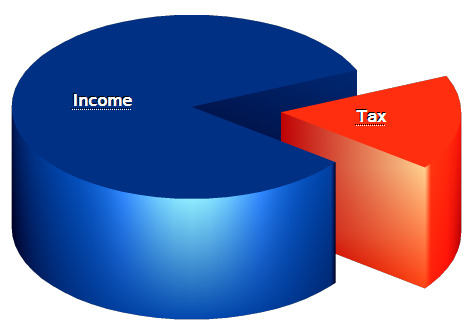Attempts to provide a theoretical grounding to the practice of taxation are reflected in various theories of taxation, the evolution of which took place together with the development of various directions in economic thought. Classical Taxation Theory For a long time, the classical taxation theory was of most importance. As a result, taxation was only granted the fiscal role of providing state revenues. A. Smith is considered to be the father of the scientific taxation theory. In his monograph “An Inquiry into the Nature and Causes of the Wealth of Nations” Adam Smith gave a definition of the taxation system, indicating the main conditions for its formation and putting forward four main taxation principles: equity, determination, convenience and thrift of taxation administration. Smith’s work was developed later on by D. Ricardo, J. Mills, and W. Petty. All the theoretical deliberation and scientific debates of those years were focused on one Continue reading
Taxation Concepts
Functions of Taxation
Taxes are a defined as mandatory payments of the contributors to the budget and to the extra-budgetary funds in the amount determined by law and within the stipulated deadlines. The functions of taxes are a manifestation of their essence; they are a means to represent the characteristics of taxes. The functions of taxation illustrate its social purpose of the value-based distribution and redistribution of income. Each of the functions fulfilled by the taxation instrument is a manifestation of an internal feature, an indicator or trait or this economic category. There are five main functions of taxation: fiscal, redistributory, regulating, controlling, and promoting. 1) The main function of taxation is the fiscal one. It is through fiscality that taxes play their role in the formation of the state budget necessary for the realization of national and holistic state programmes. The fiscal function provides for the achievement of the main social goal Continue reading

